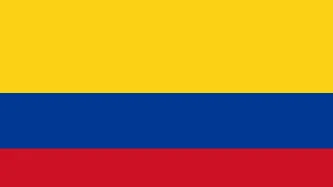Search
Content type: Examples
In an effort to improve political advertising transparency, Canada drafted a Bill that requires companies to develop ad libraries, to which ads are added immediately in order for researchers, journalists, and other people to be able to search and understand how political actors are targeting ads. In response, Google announced that it would blanket-ban all political ads in Canada, saying the company was unable to comply with the new law. Google’s decision shows both that the current state of…
Content type: Examples
The rise of social media has also been a game changer in the tracking of benefits claimants. Back in 2009, the case of Nathalie Blanchard a woman in Quebec who had lost her disability insurance benefits for depression because she looked “too happy” on her Facebook pictures had made the news.
https://abcnews.go.com/Technology/AheadoftheCurve/woman-loses-insurance-benefits-facebook-pics/story?id=9154741
Author: Ki Mae Heussner
Publication: ABC News
Content type: News & Analysis
The first half of 2018 saw two major privacy moments: in March, the Facebook/ Cambridge Analytica scandal broke, followed in May by the EU General Data Protection Regulation ("GDPR") taking effect. The Cambridge Analytica scandal, as it has become known, grabbed the attention and outrage of the media, the public, parliamentarians and regulators around the world - demonstrating that yes, people do care about violations of their privacy and abuse of power. This scandal has been one of…
Content type: Long Read
The Privacy International Network is celebrating Data Privacy Week, where we’ll be talking about how trends in surveillance and data exploitation are increasingly affecting our right to privacy. Join the conversation on Twitter using #dataprivacyweek.
In the era of smart cities, the gap between the internet and the so-called physical world is closing. Gone are the days, when the internet was limited to your activities behind a desktop screen, when nobody knew you were a dog.
Today, the…
Content type: State of Privacy
Table of contents
Introduction
Right to Privacy
Communication Surveillance
Data Protection
Identification Schemes
Policies and Sectoral Initiatives
Introduction
Acknowledgement
The State of Privacy in Colombia is the result of an ongoing collaboration by Privacy International and Fundación Karisma and Dejusticia.
Key Privacy Facts
1. Constitutional privacy protection: The constitution contains an explicit protection of the right to privacy (Article 15 of the 1991 constitution).
2…



